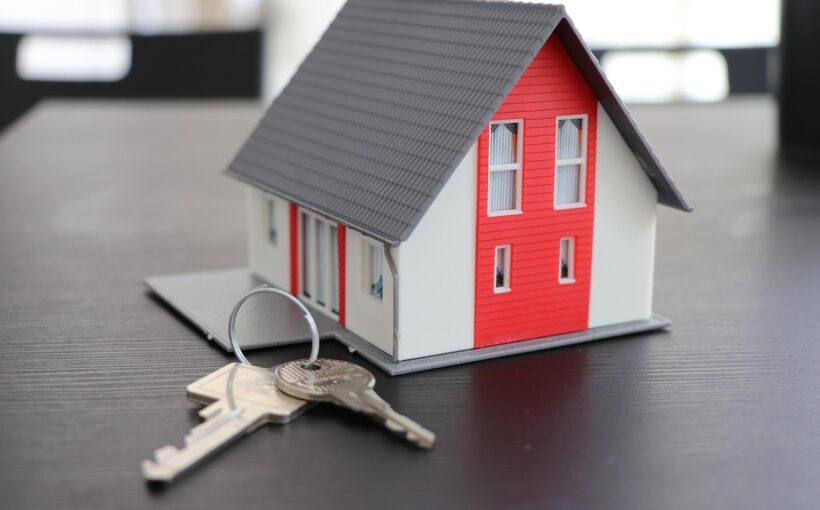Property management can feel like a balancing act. On one side, you want to create a comfortable, welcoming home for your tenants. On the other, you’re aiming to preserve and even enhance the value of your property over time. When it comes to property management calgary offers unique challenges and opportunities that require careful attention. Unfortunately, many homeowners make common errors that end up costing them dearly in both rent and long-term equity. Whether you’re new to renting out properties or have years of experience under your belt, it’s crucial to understand how certain missteps can impact your investment. By recognizing these pitfalls early on, you can take proactive steps to protect what is likely one of your most significant assets: your home. Let’s dive into some common mistakes that could hurt your property value and explore ways to avoid them altogether.
Common Mistakes Made by Homeowners
 Managing a rental property can be challenging for homeowners. Many fall into traps that can decrease their property’s value. One common mistake is overlooking regular maintenance. Small issues, like leaky faucets or worn-out paint, can escalate if ignored. These problems not only affect tenant satisfaction but also contribute to larger repair costs down the line.
Managing a rental property can be challenging for homeowners. Many fall into traps that can decrease their property’s value. One common mistake is overlooking regular maintenance. Small issues, like leaky faucets or worn-out paint, can escalate if ignored. These problems not only affect tenant satisfaction but also contribute to larger repair costs down the line.
Another pitfall is inadequate tenant screening. Trusting just anyone with your home may lead to unpaid rent or property damage. A thorough background check and references are essential steps in ensuring reliable tenants.
Neglecting Regular Maintenance and Repairs
Regular maintenance is essential for preserving your property’s value. Neglecting small repairs can lead to larger, more costly issues down the line. What starts as a minor leak may morph into significant water damage if ignored. Homeowners often underestimate the importance of routine checks. A cracked window or peeling paint might seem trivial today, but they can signal underlying problems that worsen over time. Addressing these concerns promptly not only prevents deterioration but also enhances tenant satisfaction. A proactive approach creates a welcoming environment and establishes trust between you and your tenants. When residents see that you care about the property, they’re more likely to treat it with respect.
Not Screening Tenants Properly
One of the most critical steps in property management is tenant screening. Skipping this process can lead to a host of problems down the line. A thorough background check helps you identify red flags, such as a history of late payments or eviction notices. These issues can significantly impact your rental income and property’s condition. Ignoring references from previous landlords may leave you with tenants who lack responsibility. This oversight could result in damages that will cost more than any rent collected.
Setting Unrealistic Rent Prices
Setting unrealistic rent prices can be detrimental to your property management efforts. Many homeowners might inflate prices, hoping to maximize profits. However, this approach often backfires. If your rental price is too high compared to similar properties in the area, potential tenants may quickly lose interest. They will likely turn to more appealing options that offer better value for their money. Market research is crucial before setting a price. Understanding local trends and analyzing comparable listings can help establish a fair rate. This ensures you attract quality tenants while still protecting your investment.
Failing to Communicate With Tenants
 Effective communication is the backbone of a successful landlord-tenant relationship. When homeowners neglect to engage with their tenants, misunderstandings can arise quickly. Tenants may feel isolated or undervalued if they cannot reach out regarding issues in the property. This lack of dialogue can lead to frustration and dissatisfaction on both sides. Simple inquiries about maintenance requests or clarifications about lease agreements should be addressed promptly. Additionally, regular updates about community events or changes in policies foster a sense of belonging for tenants. It shows that you care about their experience and well-being.
Effective communication is the backbone of a successful landlord-tenant relationship. When homeowners neglect to engage with their tenants, misunderstandings can arise quickly. Tenants may feel isolated or undervalued if they cannot reach out regarding issues in the property. This lack of dialogue can lead to frustration and dissatisfaction on both sides. Simple inquiries about maintenance requests or clarifications about lease agreements should be addressed promptly. Additionally, regular updates about community events or changes in policies foster a sense of belonging for tenants. It shows that you care about their experience and well-being.
In Conclusion
To preserve your home’s value, staying proactive in property management is essential. Regular maintenance checks should be part of your routine. Addressing small issues before they escalate can save you significant costs down the line. Screen potential tenants thoroughly to ensure a good fit for your rental. Background checks and references are crucial steps that shouldn’t be overlooked. A reliable tenant can make all the difference in maintaining your property’s condition. Setting the right rent price requires market research. Look at similar properties in your area to find a competitive yet fair rate that attracts quality tenants without undervaluing your investment.

